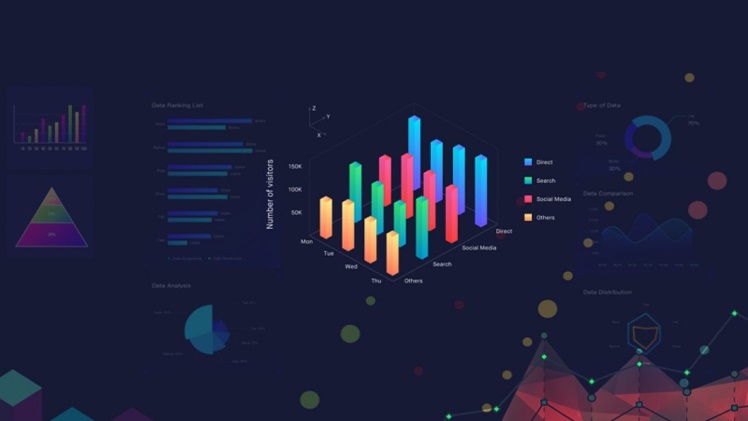Data Catalog is the collection of metadata, which is combined with the data management & search tools, which helps the analysts & other users to find any information they want, it serves as the inventory of accessible data, and offers information to assess fitness data for the intended usage.
This definition makes many points on data catalog tools —data searching, management, inventory, and evaluation—but it depends on the central capability to offer the metadata collection.
Why Choose Data Catalog?
In an age of big data & business intelligence, data catalogs have become the essence of metadata management, guiding and helping data users to better understand the data and its importance. The data catalog mainly focuses on the data assets & connects their data sets within assets with its related metadata and helps users of data understand this better.
Top 8 Capabilities of Data Catalog
- Data Access Governance is an automated solution, which includes or integrates with the data catalog and allows you to write down policies & apply access controls, accelerating the speed of your data access & analytics in a safe and compliant environment.
- Data Assets are databases, files, and applications that the data users want to find or access to create insights for decision-making. They can live in warehouses, data lakes, and other shared resources.
- Search Metadata guide and supports tagging & searching for the data within assets by using keywords that will help the people to find the right data.
- People Metadata offers information on people who work on the data assets. They can be consumers, SMEs, curators, and stewards.
- Processing Metadata will describe transformations & derivations data that goes through & how it will be managed through the lifecycle.
- Collaborative Data Use is an available data catalog that enables even the non-technical data users to locate & use data, allowing collaborative data use over the enterprise. The capabilities like group projects & data annotation further the collaboration that improves user efficiency & data utility in an organization.
- Metadata Curation helps organizations to adopt the hybrid multi-cloud setting, besides traditional systems, the data catalog tool will connect to & extract the metadata from various databases, ETL & BI tools, data warehouses, among many more, which is important to scaling the data access in the most centralized catalog.
- Supplier Metadata will describe the data acquired from the external sources offering insights on various sources, subscription or licensing constraints.
What Does the Data Catalog Do?
Data catalog comes with some amazing functions and it completely depends on its core ability like collecting metadata that helps to identify inventory of any shareable data.
Dataset Searching—Strong search capabilities will include search by keywords, facets, as well as business terms. The natural language search abilities are highly valuable for non-technical users. Search results ranking by relevance & frequency of use will be very useful & beneficial features.
Dataset Evaluation—Selecting the best datasets generally depends on an ability to evaluate the suitability for an analysis use case with no need to download and get the data first. There are some vital features that you need to check and includes like preview dataset, associated metadata, find user ratings, reviews and annotations, or see quality of information.
Data Access—Path from the search to evaluation than to the data access must be an easy user experience with this catalog knowing the access protocols & offering access directly and interoperating with the access technologies. The data access features include protections for privacy, security, as well as compliance-sensitive information.
Final Words
Managing the organization’s data in the current age of big data is very challenging. The data catalogs will help to step up to the challenges. This empowers an employee in the organization to draw much better data insights as well as make quick decisions. Real data curation becomes an important feature in data catalog success and vital practice for data management.
It helps to create one single source for all the organization’s data. This helps to fast access as well as share insights drawn from the data thanks to the centralized repository. Lastly, the best data catalog will help to enforce & simplify data safety and compliance with rules like the GDPR. Make sure you try AI or ML augmented catalog for help in data cataloging.

